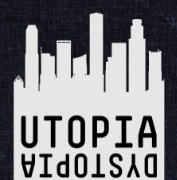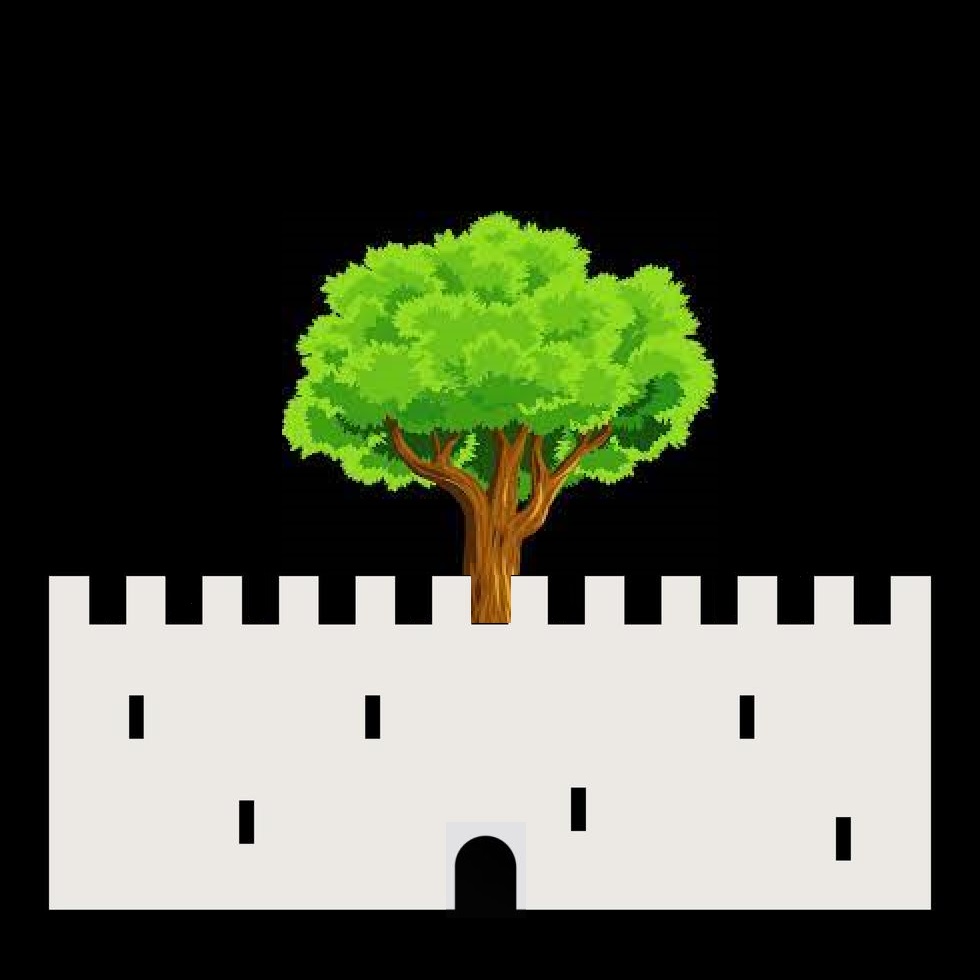Edenic Freedom
By Anthony Casperson
3-15-25
The video’s title, “Why We’re Afraid of Utopias,” made my eyebrow raise in question. But as I listened to the channel’s primary presenter, my expression turned more toward consideration—with hints of disagreement.
He spoke about how many utopias in our stories eventually portray an undesirable secret brought to the fore. An undercurrent of undesirability. Essentially, a dystopian aspect. (The presenter used the term “antiutopian” for this phenomenon, but the difference between the terms is beyond the scope of this blog.)
Through a number of examples, he explained that such supposed utopias often find themselves built upon ideals that eventually go too far. They recklessly apply a single solution to the vast continuum of societal needs. The word “recklessly” does the heavy lifting, in my opinion, for that last sentence.
And I agree that a person’s one-size-fits-all sort of application for society will lead to many instances of dystopia. I mean, while a child might consider endless ice cream as heaven, to someone with lactose intolerance, it’ll eventually be a living hell.
However, some of you might be saying, “I thought you said you disagreed with him, Anthony.” To which I’d say, “I did. But it was in his own application of reasoning as to what a true utopia looks like that I found myself disagreeing.”
We both agreed on the inherent error in applying the solution of a single, limited, finite human being’s ideals to the whole of society. Or even a united group of such people’s ideals. But when it came to our opinions of what the actual best society for humanity looked like, we disagreed.
The presenter, and the stories he pulled from, spoke of the desire to take part in the entirety of the human experience. A rejection of blissful ignorance, even if that means we must feel pain. A denial of Stepford-like “perfection,” despite the chaos of life that will ensue. And a demand of the right to be unhappy.
It almost reminded me of Agent Smith’s monologue in The Matrix where he says that previous versions of the program had failed because they were too perfect. Humanity wanted to wallow in the mire…or so it seemed.
But I think there’s another perspective to take on this whole antiutopian discussion. It’s not the desire to experience loss and pain and chaos that leads us to question every supposedly utopian society.
Rather, it’s humanity’s desire for freewill.
We’d prefer to not experience the negative aspects of life in this fallen world. The difficulties of this life can suck it, just ask anyone currently experiencing them. But many among us aren’t willing to trade for a pain-free life if it costs us our freedom. (At least, not without being tricked into it, but that’s a topic for another day.) It’s the desire for freewill that pushes at the idea of a utopia forced upon us. Especially when it’s recklessly applied by the limited mind of a finite being.
And this is where I begin to think about the place of “heaven” for followers of Jesus. Although, it would be best referred to as the Eternal State, or life on the new earth.
In Revelation 21:4, we see that God “will wipe away every tear from [our] eyes, and death shall be no more, neither shall there be mourning nor crying nor pain anymore, for the former things have passed away” (ESV). All of the junk of our current life is gone. No more wallowing in the mire. A true utopia applied to those of us who bowed before the cross while in this life.
There’s no undercurrent of corruption in this utopia and there’s none of the pain that the antiutopian stories are willing to suffer through either.
Why? Because of the central ideal of this utopia, which is found in Revelation 21:3. God will dwell with us. He will be our God, and we will be his people.
The ideals of the Kingdom of God aren’t recklessly applied. They don’t impinge on our freedom. Mostly because the infinite God is able to apply his solution across the spectrum of his people. But also because those of us who will take up residence in his kingdom have chosen him as our God, of our own freewill.
And nowhere does it say that our freewill is removed in the life on the re-created earth. Pictures of white-robed and halo-crowned figures laying on clouds and playing on harps have been falsely spread. Nothing in Jesus’ words about the Kingdom of God, nor anything in the few images of life in the Eternal State shown throughout the bible, portray anything like that.
As a matter of fact, the clearest image we get of life on the new earth comes from the descriptor of the New Jerusalem in Revelation 21-22. And much of those words are meant to evoke images of Eden. Of what life was like before the Fall of humanity, when God dwelt so closely to his creation that he walked with them in the cool of the day.
There, everything was good. Very good. The selfishness of sin had yet to rear its ugly head. And unity didn’t need to be worked for or earned. But more importantly—to our topic, at least—freewill walked hand in hand with the sovereignty of God. In perfect and sinless unity.
God never forced his will on the first man and woman. Humanity was at its most free in its entire existence, even up to now. And there was only one area of obedience required in the relationship.
That is, until the craftiness of a particular creature convinced us that humans were missing out on some part of life. And so, we traded true utopia for pain and loss and death.
Doesn’t that remind you of the presenter’s perspective from the intro?
Why is it that so many stories of utopia end up with a hidden undercurrent of undesirability? Why are we afraid of utopias? Because that lie about us missing out on some part of freedom has echoed in the ears of every generation.
Instead of fearing the true utopia of the Kingdom of God, instead of clinging to pain and difficulty and loss, let’s realize that submission to the ideals of God doesn’t cost our freedom. As a matter of fact, it will lead us to the greatest freedom known to humanity. The edenic freedom once lost, but to be returned to those who belong to the Kingdom of God.
Don’t fear the utopia God has ready for us. He’s not reckless in his application for those who choose to join him in his kingdom.



